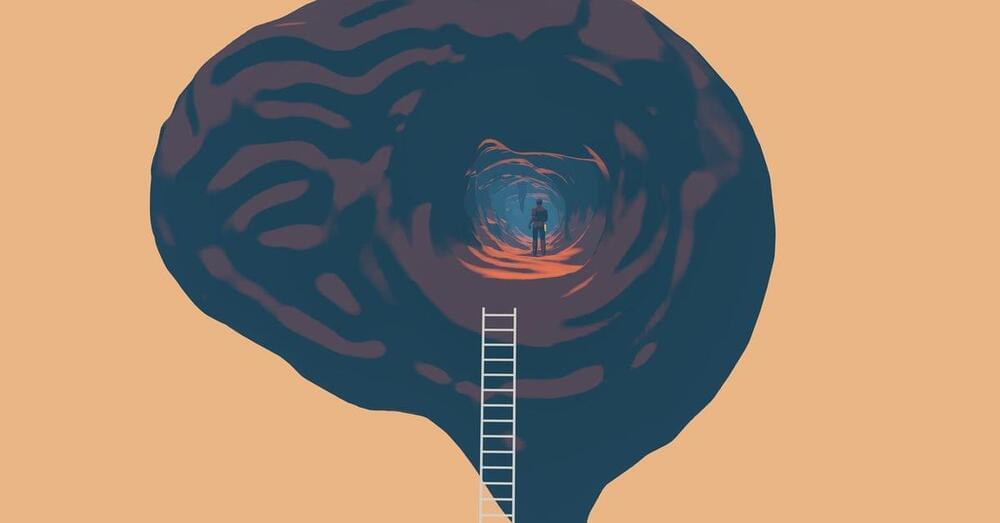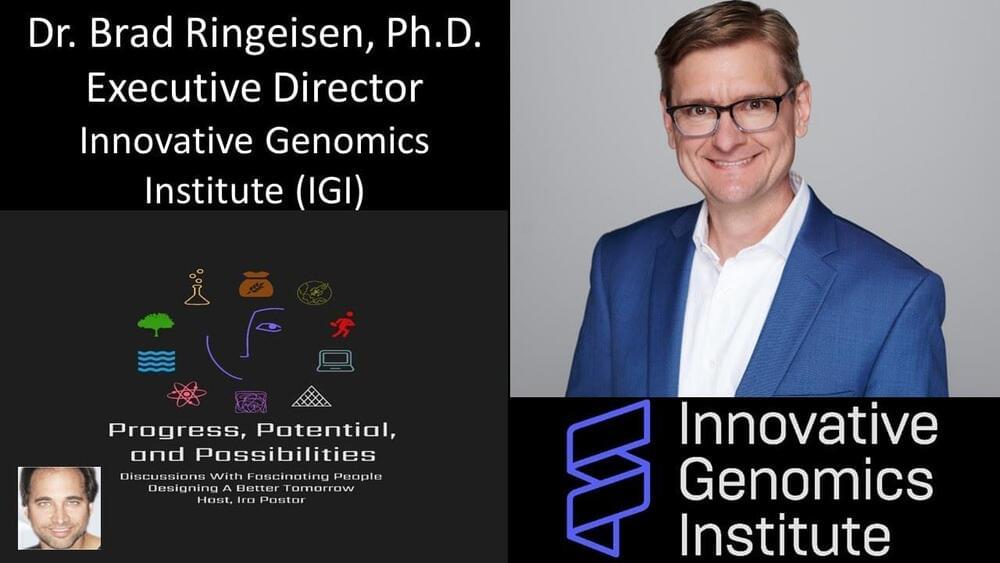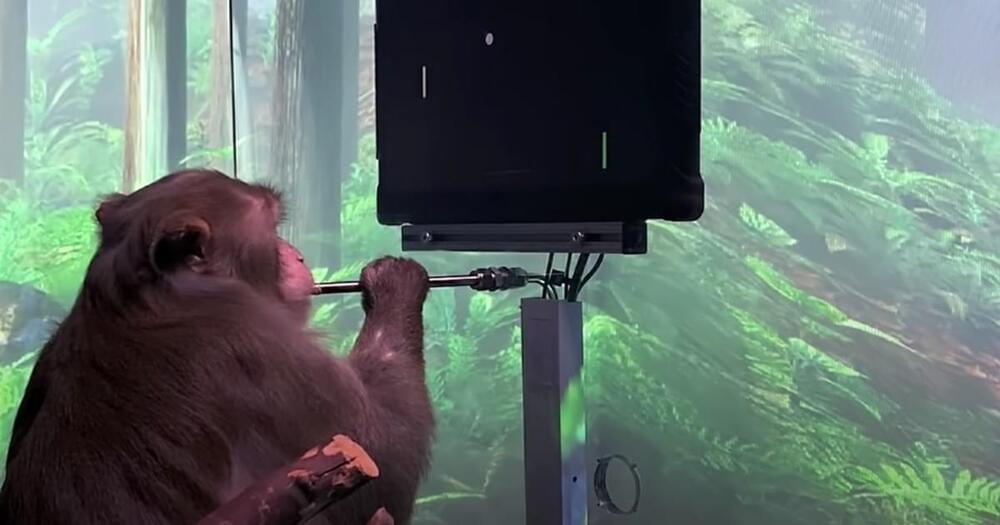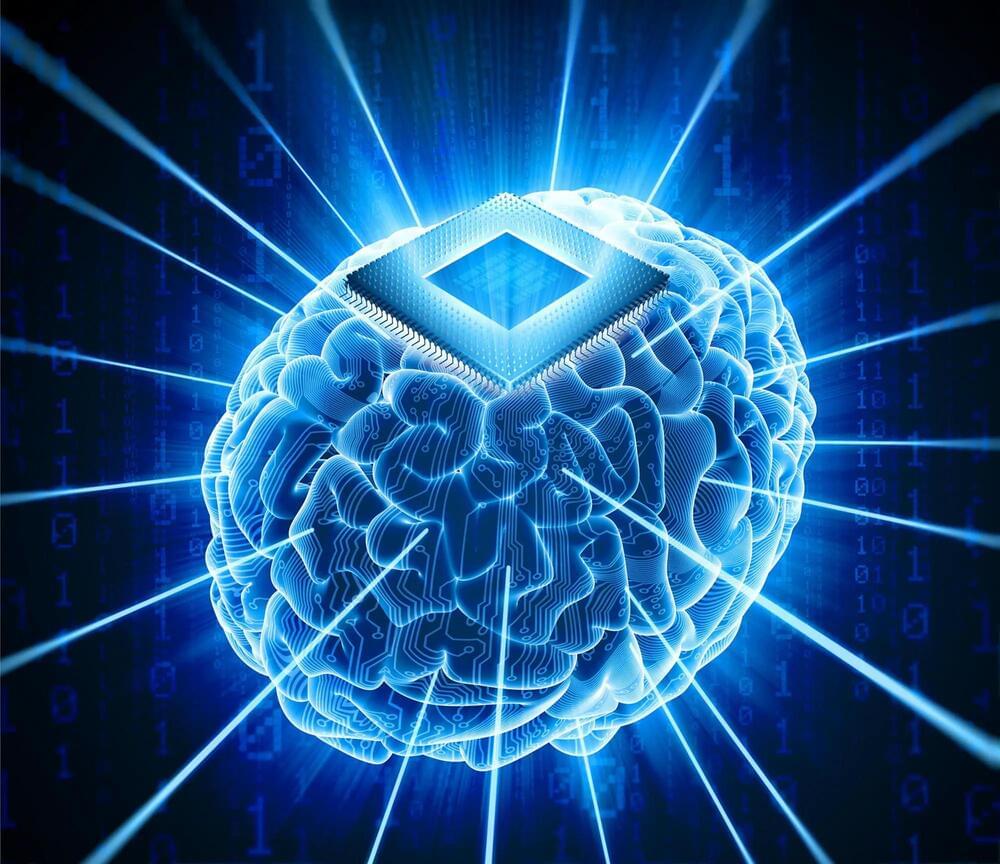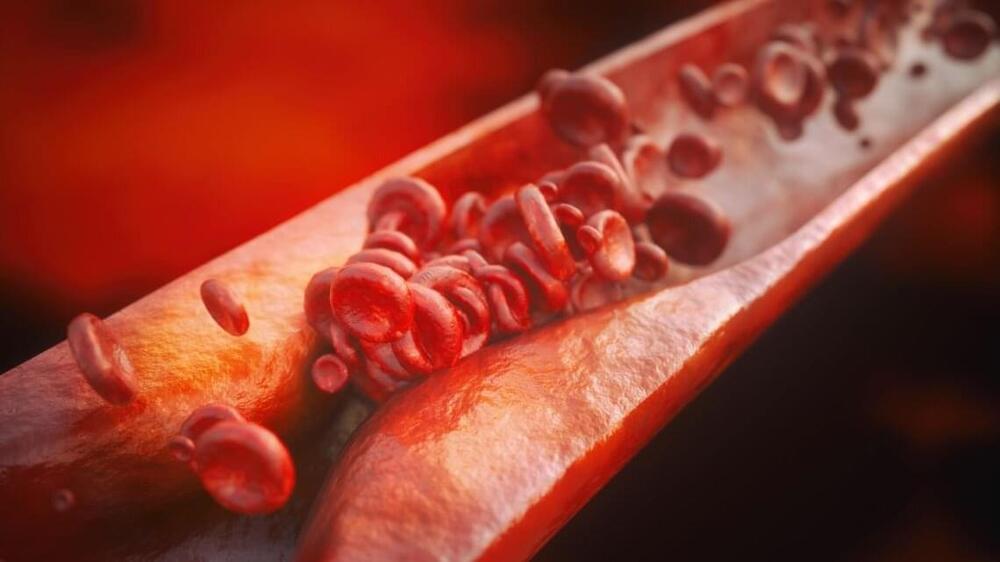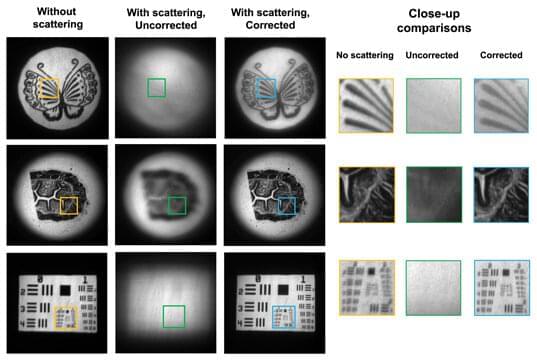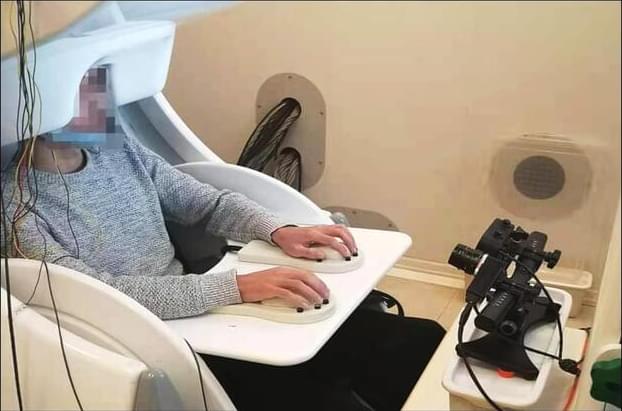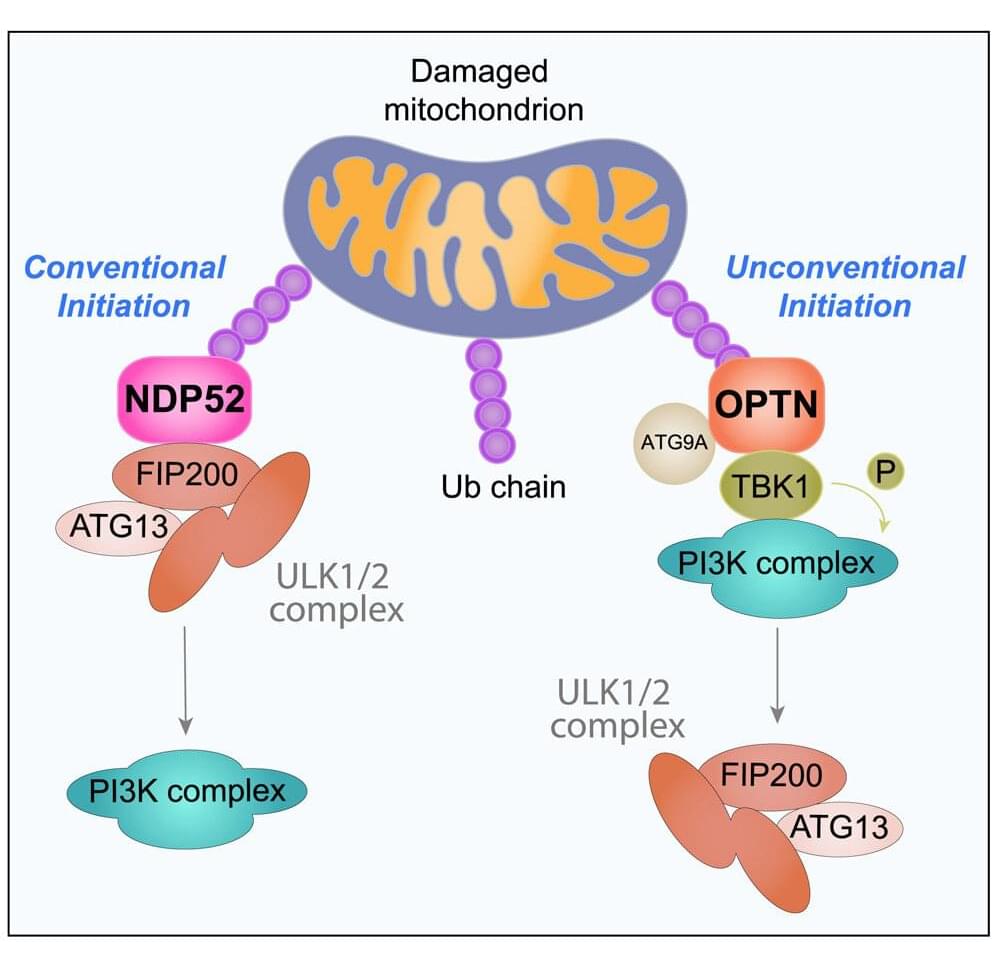Jul 1, 2023
How Finland managed to virtually end homelessness
Posted by Quinn Sena in categories: biotech/medical, life extension, neuroscience, policy, transhumanism
I believe that homelessness is often seen in America or other parts of the world as bad but with Finland they have found a housing first approach which has stopped nearly all homelessness there. I believe also regenerative medicine and lots of transhumanistic approaches to medicine would help end their aging and even repair their body if needed. Also if we research the brain we can finally discover and repair genes throughout the body essentially bringing them back near perfect and beyond. Along with ethical approaches towards a more cultural relativistic approach to all humans could show everyone how to coexist. It is still a problem of aging though which is still curable and in extreme cases will be eventually solved in the future. I think with a more comprehensive understanding of all transhumansistic medicine it would be possible to save all lives so no one is left behind.
OK, so the Finns are more generous and just shell out a lot more to help the homeless, right? Actually not. The Finns are simply smarter.
Instead of abandoning the homeless, they housed them. And that led to an insight: people tend to function better when they’re not living on the street or under a bridge. Who would have guessed?
Continue reading “How Finland managed to virtually end homelessness” »

